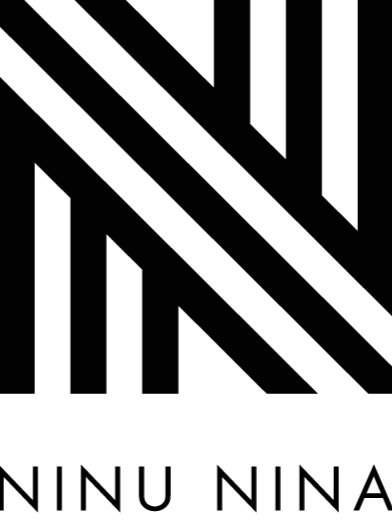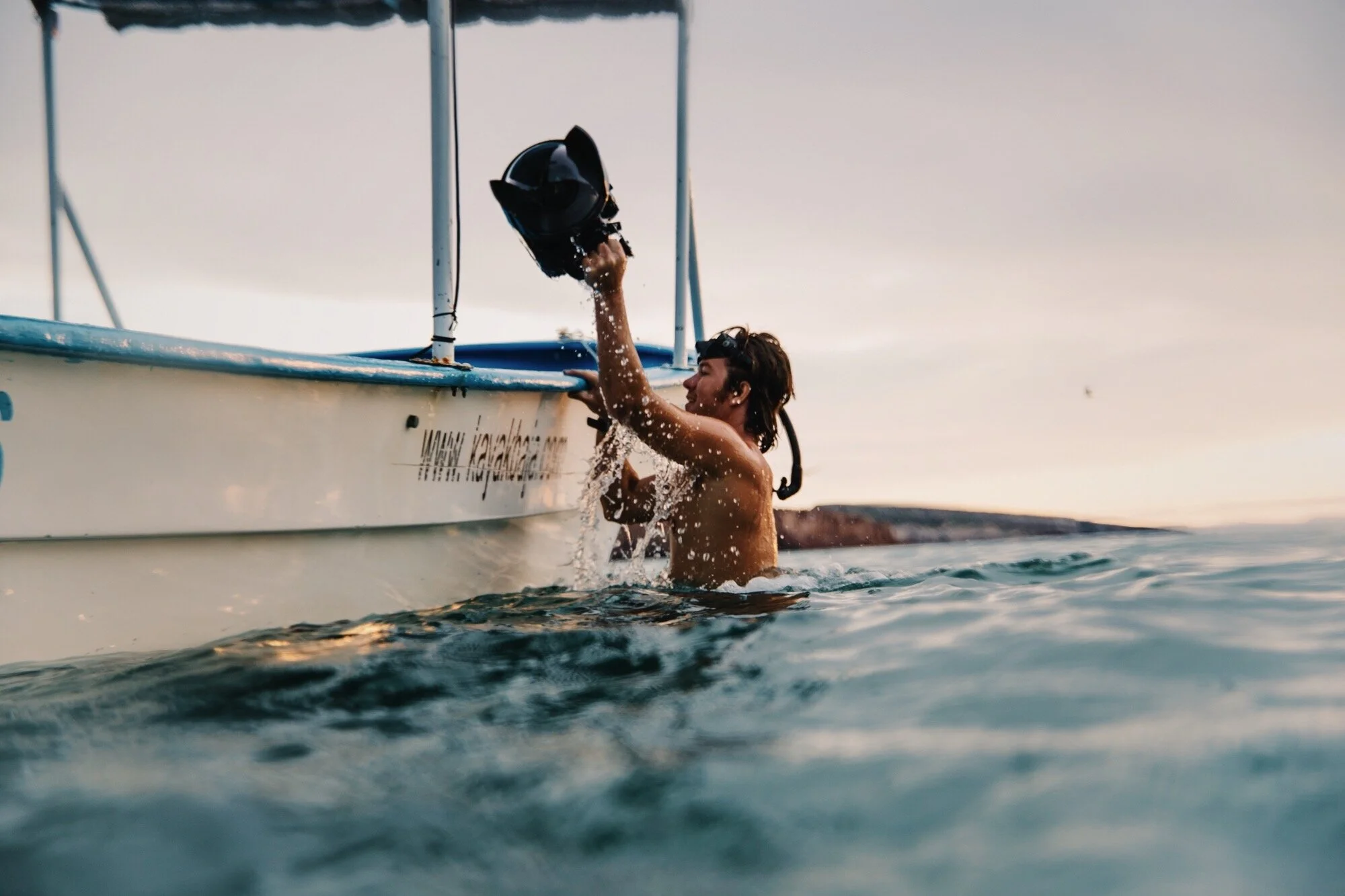Meredi Stardust Composing With Honesty
Meredi Stardust premiers her video “ Annual Rings” today and we are very excited to share this interview with the composer.
The 27-year-old’s introduction to music didn’t come via the allure of glittery stages or the hedonistic lifestyle of rockstars, but rather out of pure need to express herself. Today, the world seems to overlook composers (let alone female ones), making a career in the field risky to say the least, but Meredi didn’t have a choice. She knew she had to get those melodies she heard in her head out into the world, “I was about nine when I found out that my friends didn’t have this kind of experience of music playing out in their heads, these trance-like moments.”
Your greatest inspirations or influences?
Composers: J.S. Bach, Rachmaninov, Jon Hopkins, Steve Reich, Johann Johannson, Abel Korzeniowski, Röyksopp, Arvo Pärt, Fever Ray, Rachel Portman, Erik Satie, Debussy, Arno Babajanyan, Wagner, Komitas, Björk
Things: water, the sky, the sea, lucid dreams, the universe, stars, reality, techno clubs, longing, space and time, big halls, landscape, trance, becoming aware of things that are always there, but that you never recognize (like gravity)
Challenges of the industry?
Our music industry is developing too slowly compared to our longing for new music... So instead of quality we often give people quantity. It inflates music and makes it hard for composers to focus on the art. We need to change that! Artificial intelligence also became a part of the music scene, it’s already composing and producing music. That is kind of frightening, but it could also be a chance for real composers to not do the “shitty jobs“ anymore and focus on the art.
It would become even more important for them to focus on style and making their music unique. It could also mean we take more time in developing the music itself. If that is the future, I like it. Thinking of genres and judging them is old school. As the world becomes more globalized, so should the music.
Many composers are open to all kind of “genres“ today. There shouldn’t be rules anymore, and classical music especially should open up more to the developments of the world. Of course people are afraid to lose tradition and the very high-quality standards in specific genres like classical or jazz music. These are genres where you typically have to dedicate your whole life to. But I still think we should take globalization and the access it has given us to all kinds of music, as an opportunity. In our subconscious, we process all the sounds we hear and compose them into something new. So the “new“ music generation is actually a mix of all cultures of our world. I really like this idea and I think that we should think of it as a very modern new “genre“ of music. The most important thing is to show respect to all kinds of music, which is attained as long as they are composed with honesty.
Tell us about your creative process
I had already collected some of the melodies in the last couple of years, others just popped up during the composing process of the album. I wanted to get really deep into the beginning of every composition, to the melody or motif itself and really focus on telling their story. It was a very intimate conversation between me and my piano. I become enveloped in a trance-like state of mind which was hard to get out of in the end. I tried to break free from the roles I’ve learnt in the past and the prejudices I had and just play what I heard in my head as honestly as possible. Really letting myself go to these moods is the most beautiful and painful thing at the same time.
How important are visuals in your performance?
The visual aspect is important to me, especially as I tend to get very inspired by what I see. In my performance I am focussing on the room I am playing in. My visuals are also set to make the audience become aware of the space around them, for that I use a couple of mirrors around the piano. It should all be symmetric to awaken the room.
The difference between playing live and in a studio for you?
Playing in front of people is always different from playing alone in studio, you get lots of energy from the audience. They become part of the concert. They are the resonance of my sound. I can feel what they feel. Although I play the same music it is different with each person entering the room.
This coming decade, do you plan on doing anything different now in 2020?
In 2020 I want to focus more on being aware of my surroundings. We shouldn’t take our world for granted. I feel that more and more as I notice all the things that are not there anymore. Things that have been there since I was a child, that are disappearing. When she went into the woods, my mom heard more birds singing than I do today. I want to go out into the nature more often. I want to listen more carefully and I want to open my eyes wider to really see our world.
Thank you Meredi and Juste!




